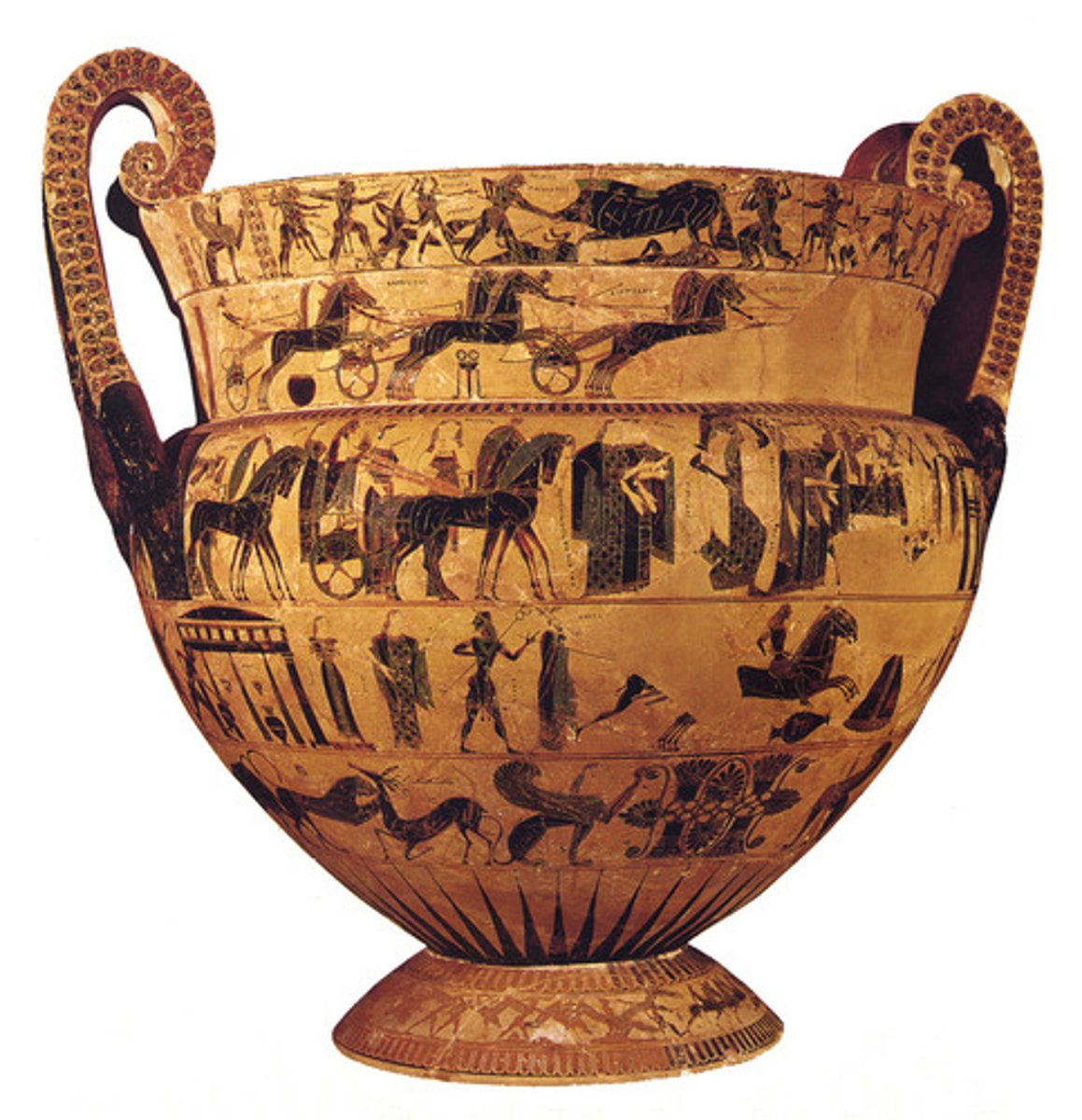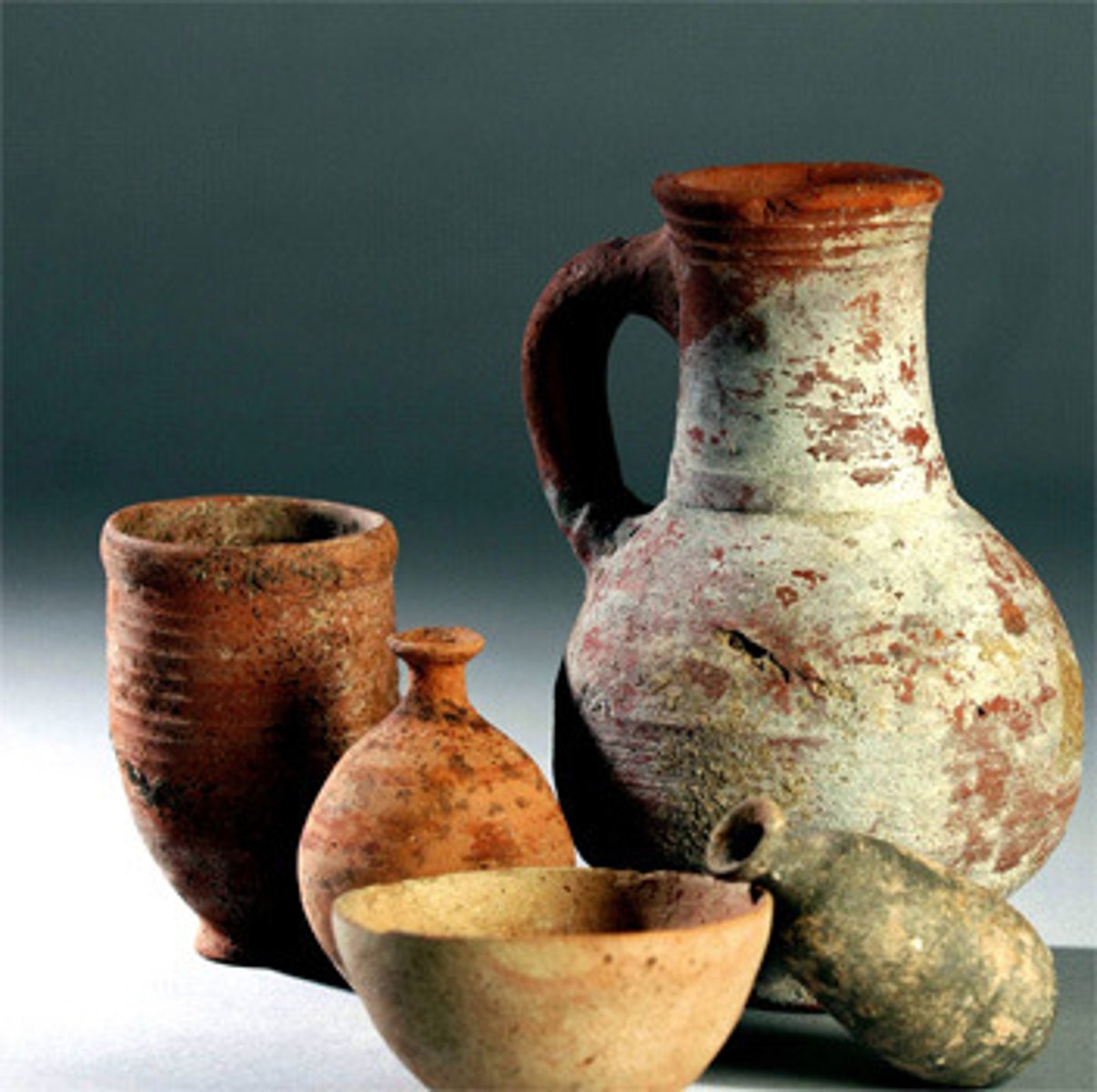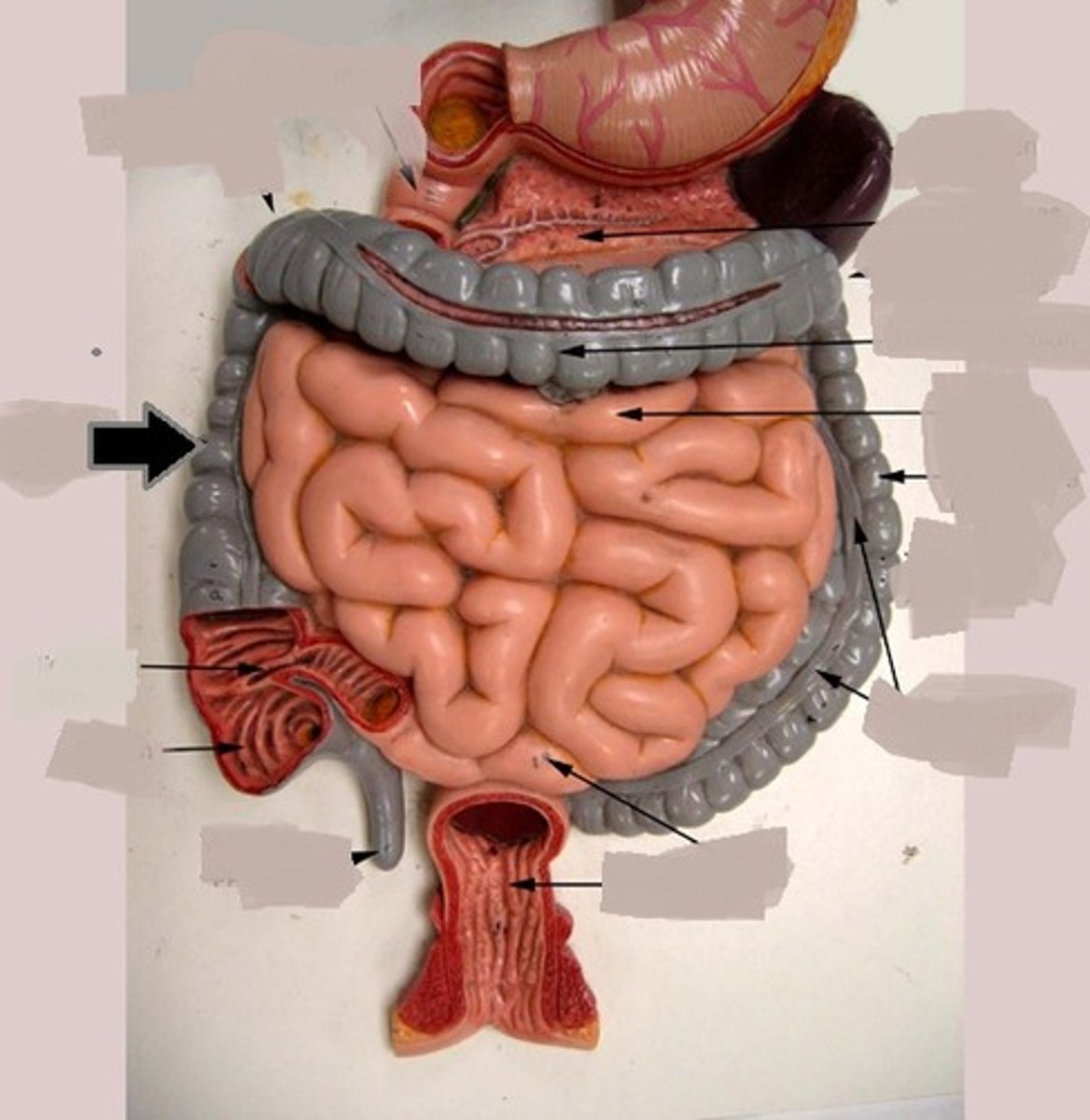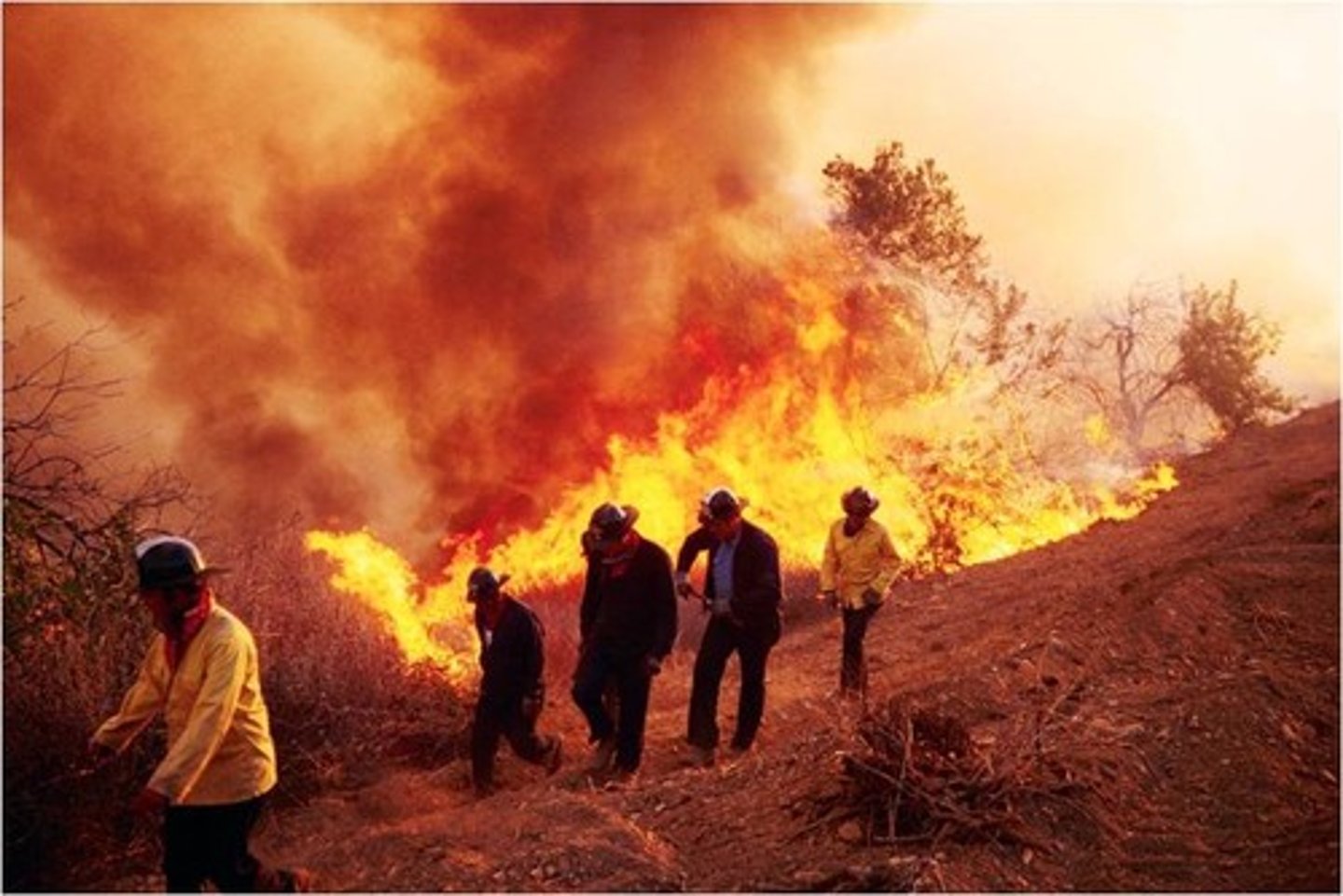SAT High-Frequency Word List
1/364
There's no tags or description
Looks like no tags are added yet.
Name | Mastery | Learn | Test | Matching | Spaced |
|---|
No study sessions yet.
365 Terms
Abridge
(v.) To shorten, summarize something without losing its sense

Abstemious
(adj.) Indulging very moderately in someone, often related to food and drink

Abstract
(adj.) Existing as thought or idea but not having physical or concrete existence
(v.) to extract or remove something or one self; to make a written summary
(n.) a summary of the contents of a book, article, or speech

Abstruse
(adj.) Obscure and difficult to understand

Accessible
(adj.) Able to be reached or entered
Acclaim
(v.) To praise enthusiastically and publicly
(n.) public praise

Acknowledge
(v.) To recognize, accept, or admit the existence or truth of something

Adulation
(n.) Excessive admiration or praise

Adversary
Opponent in a contest, conflict, or dispute

Adversity
(n.) A difficult or unpleasant situation

Advocate
(n.) A person who publicly supports and spreads a cause, belief, or policy
(v.) to actively and publicly support or spread a belief or policy

Aesthetic
(adj.) Concerned with the physical appearance and appreciation of beauty

Affable
(adj.) Friendly, good-natured, or easy to talk to

Affirmation
(n.) The act of confirming or agreeing with something

Alleviate
(v.) To make a problem or pain less severe

Aloof
(adj.) Describing a person as cold and distant, difficult to approach

Altruistic
(adj.) Showing a selfless concern for the well-being of others; unselfish

Ambiguous
(adj.) Unclear; not having an obvious meaning; open to multiple interpretations

Ambivalence
(n.) The state of having mixed feelings or contradictory ideas about a person or situation

Analogous
(adj.) Comparable in a way that clarifies the nature of the things compared

Anarchist
(n.) One that believes in a society without any form of government or authority

Anecdote
(n.) A short, interesting story about a real incident or person

Animosity
(n.) Strong hostility

Antagonism
(n.) Active hostility or opposition

Antidote
(n.) Medicine to counteract a particular poison

Antiquated
(adj.) Old-fashioned or outdated

Apathy
(n.) Lacking in interest, enthusiasm, or concern

Appease
(v.) To pacify or placate by giving in to their demands
Apprehension
(n.) Anxiety or fear that something bad or unpleasant will happen
Arbitrary
(adj.) Based on random personal choice, without any reason or system

Archaic
(adj.) Very old or old-fashioned

Arrogance
(n.) The quality of having an exaggerated sense of one's own important or abilities

Articulate
(adj.) able to speak fluently and coherently
(v.) To speak fluently and clearly; to coherently express an idea or feeling

Artifact
(n.) An object made by a human being, usually one with cultural or historical significance

Artisan
(n.) A worker in a skilled trade, especially one that involves making things by hand

Ascendancy
(n.) Occupation of a position of dominant power or influence

Ascetic
(adj.) Having severe self-discipline and abstention of all forms of indulgence, typically for religious reasons
(n.) a person with strong self-discipline

Aspire
(v.) To direct one's hopes or ambitious towards achieving something

Astute
(adj.) Having or showing ability to accurately assess situations or people for one's own advantage

Attribute
(v.) To regard something as being cause by, done by, or possessed by

Augment
(v.) To increase

Austere
(adj.) Severe or strict in attitude; having no comforts or luxuries as a way of life

Authoritarian
(adj.) Favouring or enforcing strict obedience to authority while limiting personal freedom

Autonomous
(adj.) Having the freedom to govern itself or have control over its own affairs

Aversion
(n.) A strong dislike or disinclination

Belie
(v.) When an appearance fails to give a true impression of something or someone

Benevolent
(adj.) Well meaning and kind

Bolster
(v.) To support or strengthen

Braggart
(n.) A person who boasts about their achievements or possessions

Brevity
(n.) Concise and exact use of words in writing or speaking

Cajole
(v.) To persuade someone to do something by constant flattery
Calculated
(v.) To determine mathematically or through reasoning, experience, or common sense

Candor
(n.) The quality of being open and honest

Capricious
(adj.) Changing suddenly with unaccountable change of mood or behaviour; unpredictable

Censorious
(adj.) Severely critical of others

Censure
(v.) Express severe disapproval, especially in a formal statement
(n.) Formal expression of severe disapproval

Coercion
(n.) The action of forcing someone to do something

Commemorate
(v.) To recall and show respect for someone; to mark or celebrate an event

Compile
(v.) To produce something by assembling information from various sources

Complacency
(n.) A feeling of smug or uncritical satisfaction with oneself or one's achievements

Compliance
(n.) The action of of giving in to a wish of command

Composure
(n.) The state of being calm and in control of oneself

Comprehensive
(adj.) Taking all or nearly all aspects of something into consideration

Concede
(v.) To admit or agree in something after first denying or resisting it; admit defeat in a contest reluctantly; to surrender or yield a possession, right or privilege

Conciliatory
(adj.) Intended or likely to placate or pacify

Concise
(adj.) Giving a lot of information clearly and in a few words; brief but comprehensive

Concur
(v.) Be of the same opinion, to agree; to happen at the same time; coincide

Condone
(v.) To accept a behaviour that is considered morally wrong or offensive

Conflagration
(n.) An extensive fire that destroys great deal of land and property

Confound
(v.) To cause surprise of confusion by not according with expectations

Consensus
(n.) A general agreement among all parties involved

Constraint
(n.) A limitation of restriction

Contend
(v.) Struggle to overcome a difficulty

Contentious
(adj.) Causing or likely to cause argument

Contract
(v.) To decrease in size; to enter a formal and legally binding agreement; to catch or develop

Conviction
(n.) A formal declaration by the verdict in court that someone is guilty of a criminal offence

Cordial
(adj.) Warm and friendly; strongly felt

Corroborate
(v.) Confirm or give support to something

Credulity
(n.) Tendency to be too ready to believe that something is real or true

Criterion
(n.) A principle or standard by which something is judge or decided

Cryptic
(adj.) Something mysterious or obscure

Cursory
(adj.) Hasty and not thorough or detailed

Curtail
(v.) To reduce in extent or quality

Decorum
(n.) Behaviour in keeping with good taste and propriety

Deference
(n.) Polite submission and respect

Degradation
(n.) Process of breaking down, reducing, or deteriorating

Delineate
(v.) Describe or portray something precisely

Denounce
(v.) Publicly declare to be wrong or evil

Deplore
(v.) To feel or express strong condemnation of something

Depravity
(n.) Moral corruption or wickedness

Deprecate
(v.) To express disapproval of something

Deride
(v.) Express contempt or ridicule

Derivative
(adj.) Imitative of the work of others
(n.) Something based on another source

Despondent
(adj.) In low spirits from loss of hope or courage
Detached
(adj.) Separate or disconnected; aloof and objective

Deterrent
(n.) Something that discourages someone from doing something

Detrimental
(adj.) Tending to cause harm

Devious
(adj.) Showing a skilful use of underhand tactics to achieve goals;a longer and less direct route

Devise
(v.) Plan or invent a system by careful thought

Diffuse
(v.) Spread over a wide area or large number of people
(adj.) Spread out over large area; not concentrated
